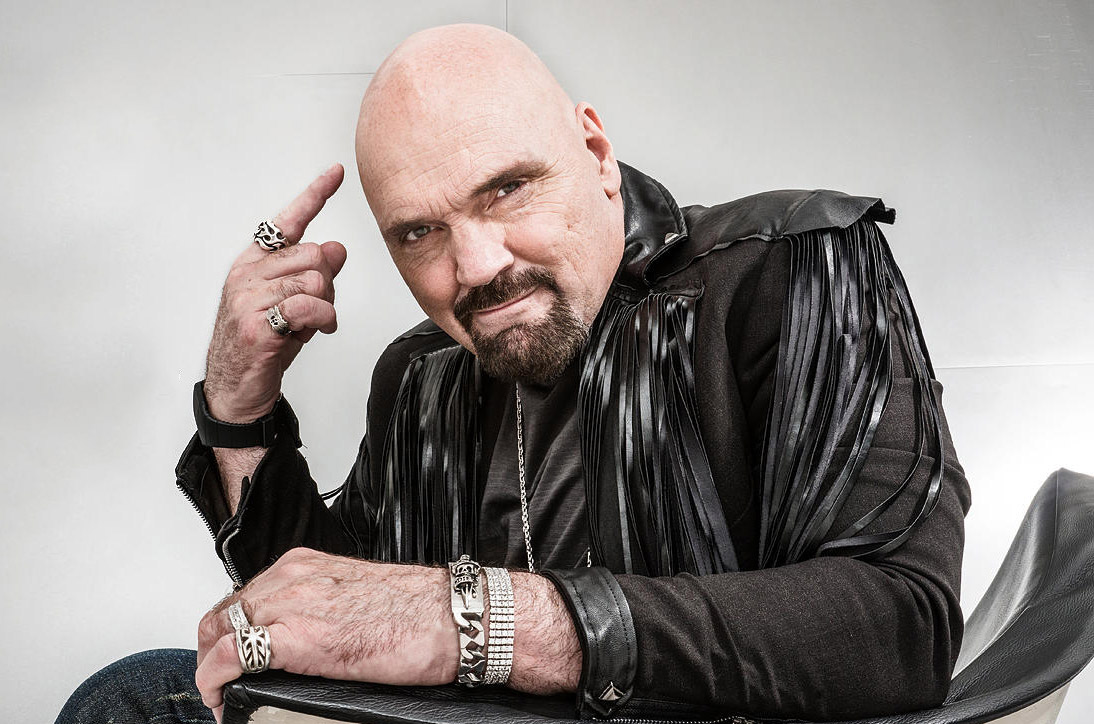
"How Biological Memory really works: Insights from the Man with the World's Greatest Memory"
Description
How biological memory really works: Insights from the man with world's best memory (and why computer metaphors like read/write operations, engrams, and traces are all wrong)
Jim Karol exhibited no particular talent for memorizing anything early in his life. Far from being a savant, his grades in school were actually pretty bad and, after failing to graduate from college, he spent his 20's working in a factory. He only started playing around with mnemonic techniques at the age of 49, merely as a means to amuse himself while he worked out on the treadmill. Then, in one of the most remarkable cognitive transformations in human history, he turned himself into the man with the world's greatest memory. Whatever vast body of information is put before him -- the US zip codes, the day of the week of every date in history, the first few thousand digits of pi, etc. -- he voraciously commits to memory using his own inimitable mnemonic techniques. Moreover, unlike most other professional memorists, Jim has mastered the mental skill of permanently storing that information in long-term memory, as opposed to only short or medium-term memory. How does he do it?
To be sure, Jim has taken standard menmonic techniques to the next level. That said, it has been well-documented for over 2500 years that mnemonic techiques -- such as the "Method of Loci" or the "Memory Palace" -- dramatically enhance the memory capacity of anyone who uses them regularly. But is there any point to improving one's memory in the age of the computer? Tony Dottino, the founder/executive director of the USA Memory Championship and a world reknown memory coach, will describe his experiences of teaching these techniques to all age groups.
Finally, does any of this have anything to do with the neuroscience of memory? McGovern Institute neuroscientist Robert Ajemian argues that it does and that one of the great intellectual misunderstandings in scientific history is that modern-day neuroscientists largely base their conceptualization of human memory on the computer metaphor. For this reason, neuroscientists usually talk of read/write operations, traces, engrams, storage/retrieval distinctions, etc. Ajemian argues that all of this is wrong for the brain, a highly distributed system which processes in parallel. The correct conceptualization of human memory is that of content-addressable memory implemented by attractor networks, and the success of mnemonic techniques, though largely ignored in current theories of memory, constitutes the ultimate proof. Ajemian will briefly outline these arguments.
Speakers: Jim Karol, Tony Dottino
Host: Robert J Ajemian

